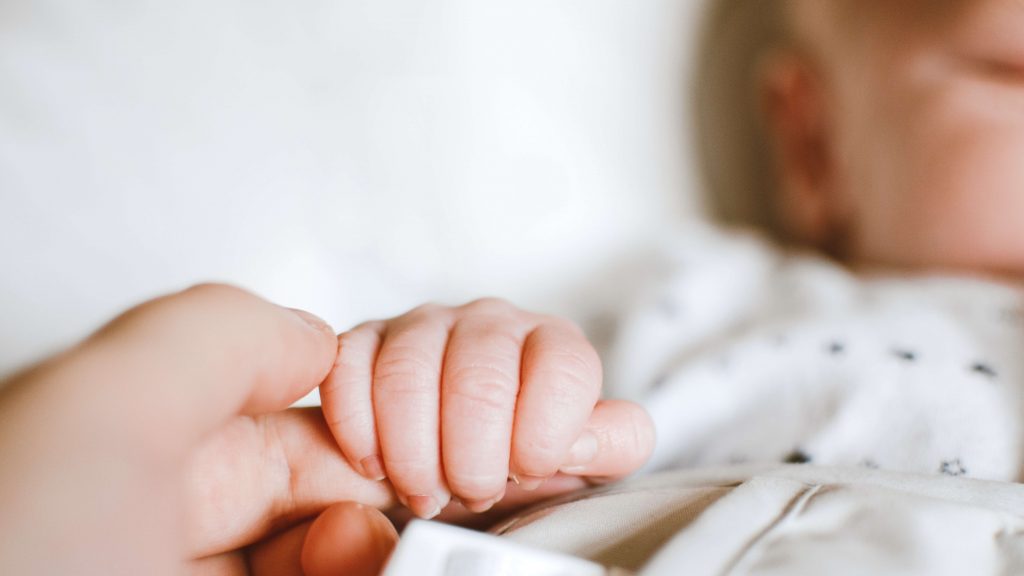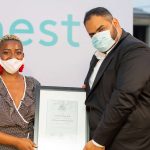South Africa’s esports scene is set for a major showdown as Hyprop and MTN introduce SHIFT COD, a Call of Duty tournament forming part…
UCT students design app to help donate breastmilk

A Cape Town-based non-profit Milk Matters and the University of Cape Town (UCT) have worked together to design an app that helps mothers donate their excess breastmilk to babies in need.
Donor mothers will also be able to use a tool provided by the app to self-assess their ability to meet certain essential requirements of donating breast milk
The inspiration for this app came from Dr. Melissa Densmore, a senior lecturer in the UCT Centre in Information and Communications Technologies for Development (ICT4D).
Densmore is a mother and was one of the thousands who decided to donate their breastmilk through Milk Matters a non-profit milk bank based in Cape Town. Milk Matters was founded in 2003 and has helped more than 2500 mothers donate their excess milk reaching thousands of babies in 28 different hospitals across the Western Cape.
The aim of the app is that it will be able to help donor mothers track their donations and provide an estimate of how many babies will benefit from their donations.
The app will also share useful information to donor mothers about breastfeeding as well as information about Milk Matters depots. Donor mothers will also be able to use a tool provided by the app to self-assess their ability to meet certain essential requirements of donating breast milk.
Inclusive development
The app has been in development since 2016 led by Densmore as she supervised students Chelsea-Joy Wardle and Mitchell Green to collaborate and create the innovative app.
Within the development of the app, one of the main aims was to create a platform that allowed easy donation and communication for users.
Under Densmore’s supervision, Wardle continued to build on the research for her master’s degree in 2019.
With her research, Wardle used an inclusive approach which allowed the community to be involved in the development of the app.
Low cost and easily available
Currently, three honours students are working on the app under Densmore’s supervision. Gerhard Serton, Dino Bossi, and Gustavo Amicis M de Souza Mendes have made it their goal to make the app easily available.
The most important factor for the students was “minimal cost and maximum reward”. To keep costs down, the developers in training used technology that only required writing one set of code for both operating systems that ensures that the supporting infrastructure stays “free tier.” The group also managed to update the app to make it available for Android and iOS users.
Bossi stated in a statement shared on UCT that this would lead the way for other non-profits who would want to expand digitally in the future without the high costs.
“It’s actually possible with quite a small team in a small space of time with very limited funding,” Bossi said.
The students have managed to complete the research and interview stage of development which included donors who participated in the development.
The group is hopeful that the development of the app will be complete by the end of September 2020.
Read more: UCT student entrepreneur creates digital library for children
Featured image: Lisa Fotios vis Pexels

